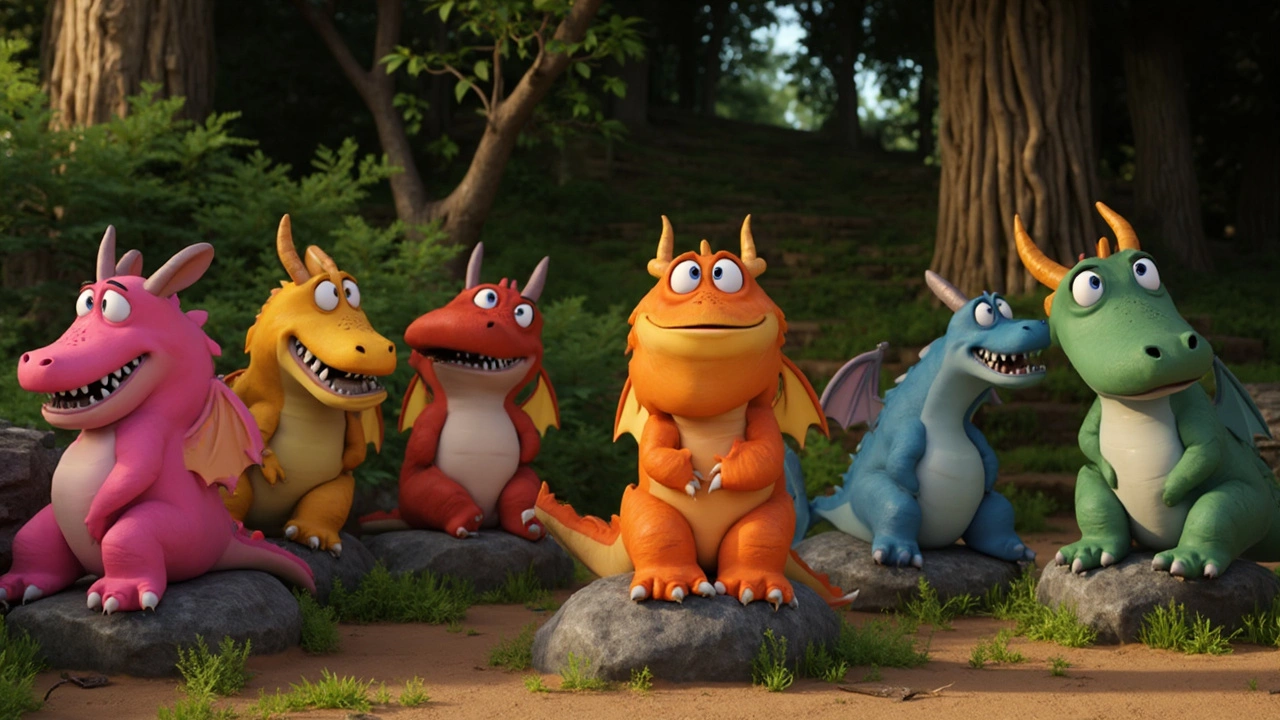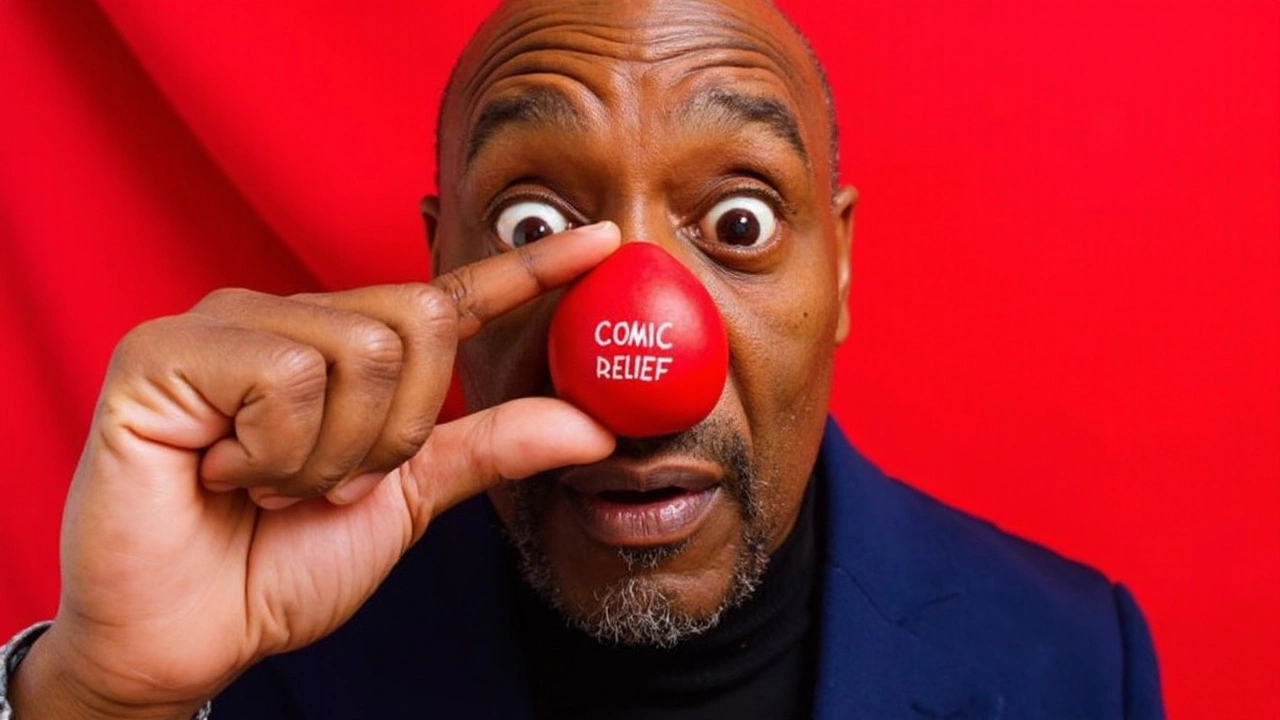Lenny Henry’s Emotional Farewell to Comic Relief Hosting
It’s hard to picture Comic Relief without Sir Lenny Henry at the helm. For almost 40 years, his infectious laugh and quick wit have been the heartbeat of the BBC’s annual fundraising telethon. So when news broke that the 65-year-old comedian was stepping down as host, it hit longtime fans with a wave of nostalgia and surprise.
But behind the decision is a story that goes deeper than just making room for new faces. For Henry, Comic Relief began as a wild idea with writer Richard Curtis back in 1985. What started as an experiment in mixing comedy and charity soon turned into a massive movement, raising millions to fight poverty in the UK and beyond. Through it all, Henry remained a constant presence—joking on stage, encouraging donations, and holding the whole thing together as famous faces came and went.
This year, Henry pulled back the curtain on his reasons for stepping away from his hosting duties. It isn’t burnout, fading passion, or even age. He spoke with blunt honesty: the absence of his closest co-hosts, particularly Dawn French—his ex-wife and longtime comic partner—and the late Victoria Wood, has left a gap that nothing can quite fill. "We were a little gang," he said, recalling the energy and friendship he shared with French and Saunders, Wood, and Billy Connolly when they all tackled Comic Relief together back in the 1980s.
Henry described the set as more than a workplace; it felt like a family reunion. Those marathon broadcasts were fueled as much by backstage banter as by the desire to help others. But as the years passed, Comic Relief, like any living thing, changed. Key members of that original gang have either moved on or passed away, and Henry admitted that the showmanship doesn't feel quite the same without them beside him. That sense of loss, he said, is why it’s time to step away from the spotlight.

Staying Involved and Welcoming New Talent
But don’t count Henry out just yet. He’s not fading quietly into the background. While saying goodbye to hosting, he’s already planning other ways to stay involved with Comic Relief—whether that’s making films, lending his unmistakable voice to appeals, or serving as a behind-the-scenes mentor. He’s made it clear his commitment to the charity hasn’t dimmed, even as his role shifts.
Henry also believes it’s time for Comic Relief to welcome a new generation. Hosting duties, he says, should go to comedians who grew up watching him—those who bring their own flavor, energy, and ideas to the event. “Passing the torch” isn’t just a catchphrase for Henry. He genuinely wants to see fresh faces take on the challenge, drawing in audiences with new jokes, fresh enthusiasm, and an updated take on the long-running show.
The change comes at an interesting time for Comic Relief, with TV viewing habits shifting and younger audiences engaging in different ways from earlier decades. If the telethon is to keep raising money—and keep people laughing—bringing in new energy isn’t just tradition. It’s a survival tactic.
Fans who grew up watching Lenny Henry crack jokes between donation pleas won’t soon forget the era he helped create. But for Henry, letting go is less about leaving and more about trust—that a new generation of comics can carry on his mission, and maybe even create a “little gang” of their own.
